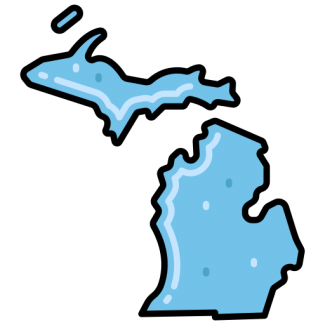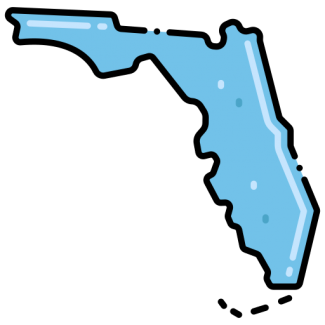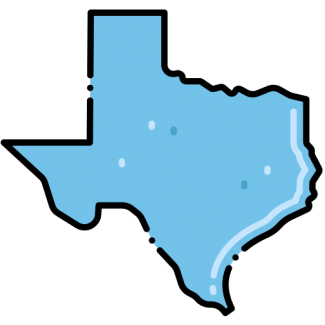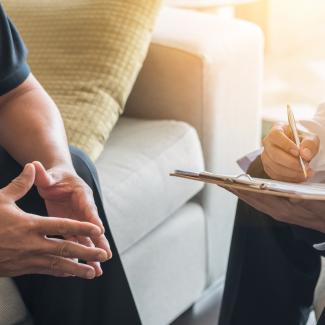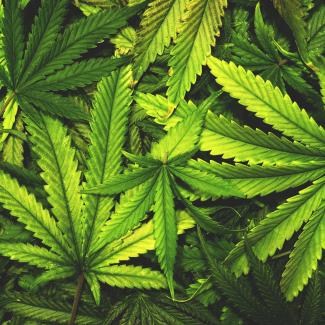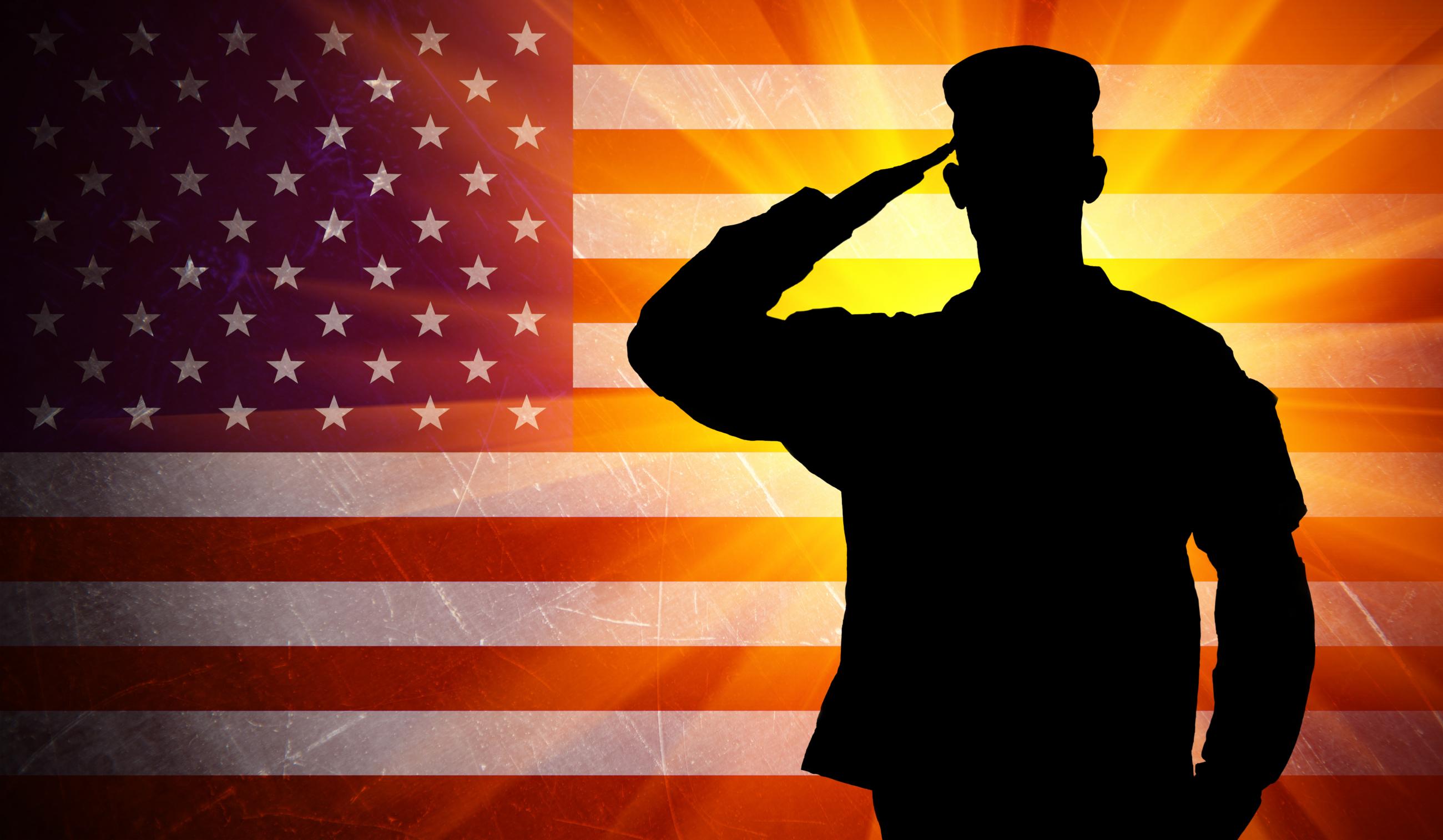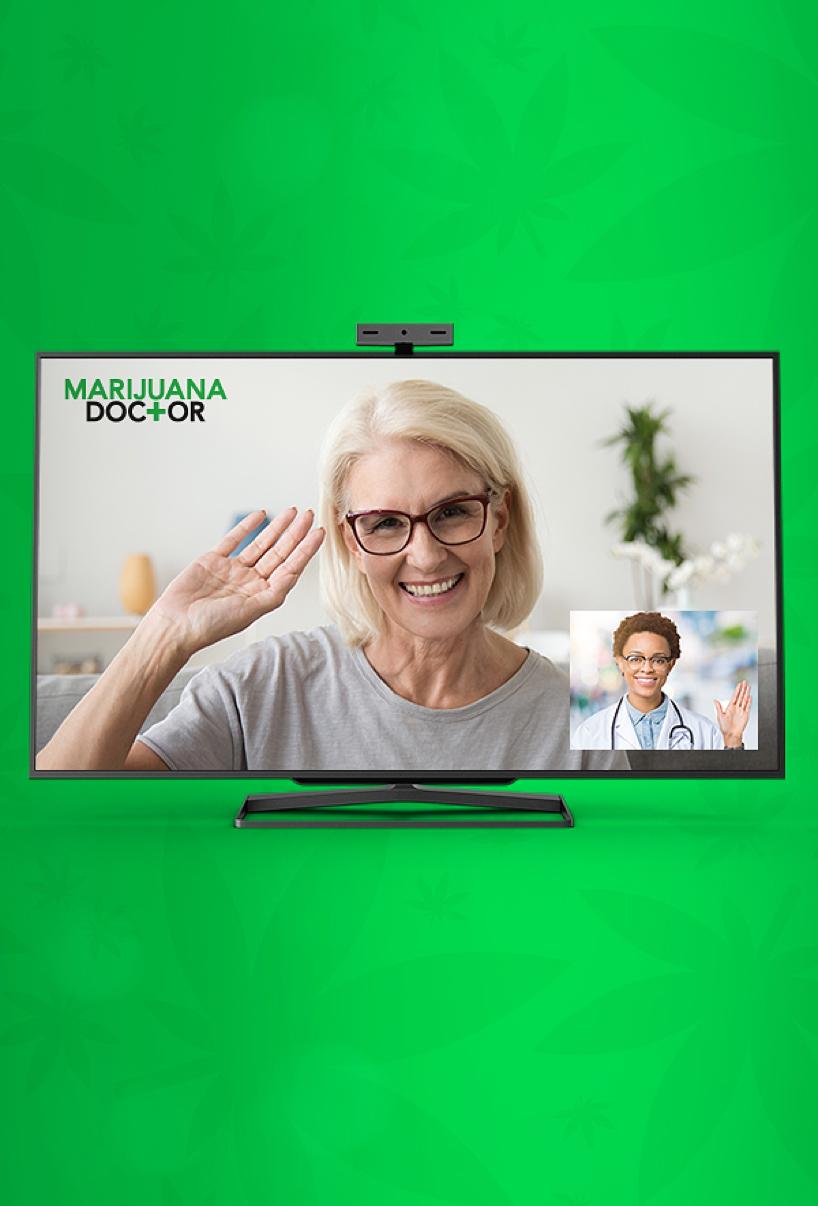For many soldiers, the price of war lingers long after the battle has been fought. After returning home, veterans often continue to fight harrowing struggles to just to readjust to civilian life. Many are fraught with chronic pain, depression, and PTSD from the physical and mental rigors of combat. In fact, post-traumatic stress disorder affects nearly 30% of Vietnam War veterans, 12% of Gulf War veterans, and up to 20% of veterans from other middle-East conflicts according to the US Veterans Administration (1). Conditions like these lead to another disturbing statistic which plagues our nation’s heroes… suicide. In 2014, an estimated 22 United States military veterans committed suicide each day according to a report released by the Veteran’s Health Administration (2).
Clearly, something must change.
How Traditional Medicine Has Failed Them
As with most chronic conditions these days, the traditional method of throwing prescriptions at it until something works, simply isn’t working. A writer for the American-Statemen, Jeremy Schwartz, wrote about his findings while researching military expenditures:
“...the military drug purchases also paint a picture of a fighting force increasingly reliant on antidepressants, psychotropic drugs and powerful narcotic painkillers that critics call dangerous and that have been involved in a growing number of prescription drug overdoses. The military spent at least $2.7 billion on antidepressants and more than $1.6 billion on opioid painkillers such as Oxycontin and hydrocodone over the past decade. More than $507 million was spent on the sleeping pill Ambien and its generic equivalents.”
In many cases, doctors are over-prescribing medications which can lead to lethal combinations, accidental overdoses, and increased health complications. In May 2013, a reporter interviewed a veteran diagnosed with PTSD (3), who recalled being prescribed twenty-five different drugs at one time, which his own physician called a “poison cocktail.”
How Cannabis Treatment Could Rescue Thousands
In order to understand how cannabis could be a more effective treatment for cannabis, we must first understand the endocannabinoid system (ECS) in the human body and the part it plays in developing chronic disorders like PTSD, anxiety, pain, and neurological disorders. Although the ECS exists in every vertebrate animal, it was only discovered in 1992 by Israeli researcher, Dr. Raphael Mechoulam. The ECS consists of two tiny antennae on cells called cannabinoid receptors, CB1 and CB2. They receive signaling molecules, or endocannabinoids, anandamide and 2-AG. The overall goal of the ECS is to maintain homeostasis, or balance, in the body by signaling other cells to behave a certain way.
In people diagnosed with PTSD, test results revealed low-production of anandamide according to the Multidisciplinary Association for Psychedelic Studies (MAPS). A deficiency in endocannabinoids means receptors are not firing like they should. Research has shown THC from cannabis is very similar in effect to our own anandamide; thus, supplementation with cannabinoids from cannabis may help fill the gap.
Martin Lee, from ProjectCBD, stated in this article for Leafly.com (4),
“Scientists have determined that normal CB-1 receptor signaling deactivates traumatic memories and endows it with the gift of forgetting. But skewed CB-1 signaling, due to endocannabinoid deficits (low serum levels of anandamide), results in impaired fear extinction, aversive memory consolidation, and chronic anxiety, the hallmarks of PTSD.”
Politics, Red Tape, and Road Blocks
While science and research continue to progress, the federal government, unfortunately, is not. The Veterans Administration and the Department of Justice have hampered veteran access to the potentially life-saving herb. As recently as July of this year, the House voted (5) to prevent VA doctors from discussing medical marijuana with their patients. In fact, the actions have prompted leaders from the American Legion to get involved, urging the Department of Justice to reschedule the drug to allow proper research, and the VA to back research already in progress (6).
Many state laws regarding marijuana have changed in the name of “compassionate care” for many ailments, so one must ask, does the federal government have any compassion for the people that fought for them?
At Marijuana Doctors, we believe in compassionate care for everyone. If you suffer from PTSD or chronic pain, and would like to know more about how medical marijuana can help, schedule an appointment with one of our doctors today.
References
- Jaimie L. Gradus, DSc, MPH. Epidemiology of PTSD. US Department of Veterans Affairs. [Online] March 30, 2017. https://www.ptsd.va.gov/professional/PTSD-overview/epidemiological-facts-ptsd.asp.
- Janet E. Kemp, RN, PhD. Suicide Rates in VHA Patients through 2011 with Comparisons with Other Americans and other Veterans through 2010. s.l. : Veterans Health Administration, 2014.
- Kennedy, Douglas. [interv.] Chris Wallace. FOX SPECIAL REPORT: DRUGGING THE AMERICAN SOLDIER. Fox News, Charleston, June 21, 2013.
- RAHN, BAILEY. Cannabis and Post-Traumatic Stress Disorder (PTSD). Leafly.com. [Online] April 30, 2014. https://www.leafly.com/news/health/cannabis-and-post-traumatic-stress-disorder-ptsd.
- Shane III, Leo. House rejects plan to let VA doctors talk about marijuana. Military Times. July 26, 2017.
- The American Legion. Legion to VA: Support cannabis PTSD study. Legion.org. [Online] September 21, 2017. https://www.legion.org/veteranshealthcare/239200/legion-va-support-cannabis-ptsd-study.














